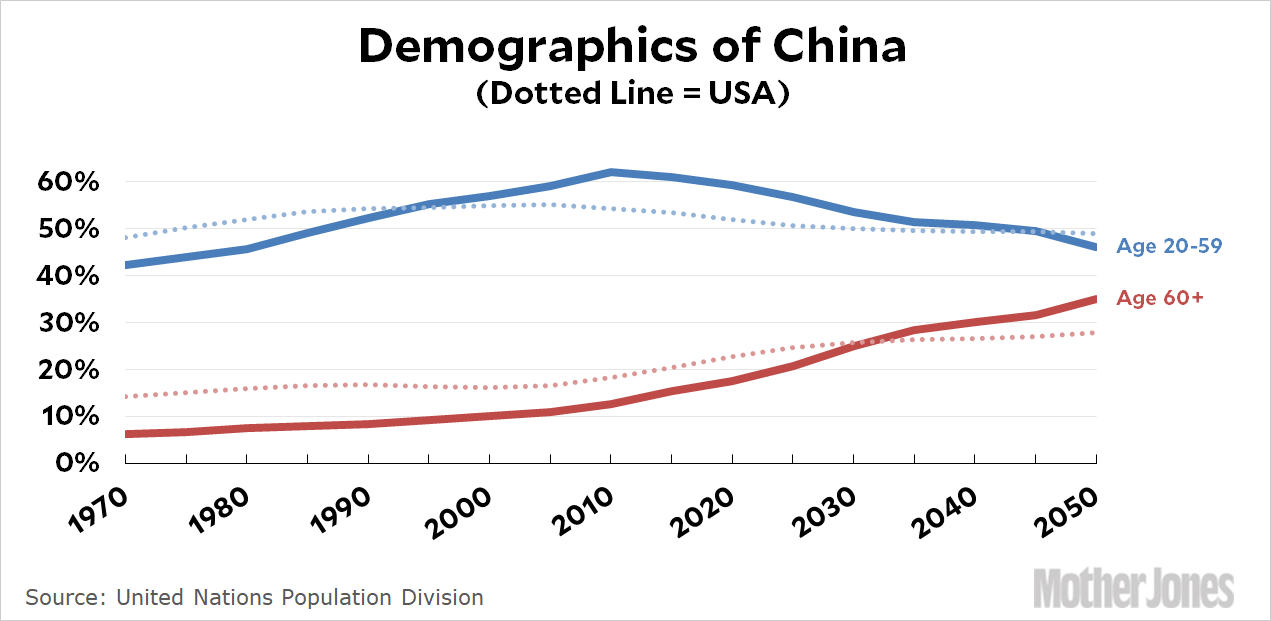Today brings a couple of pieces of news on the China front. First there’s this:
Google said on Monday that it would limit the software services it provides to Huawei, the telecommunications giant, after a White House order last week restricted the Chinese company’s access to American technology. Google’s software powers Huawei’s smartphones, and its apps come preloaded on the devices Huawei sells around the world. Depending on how the White House’s order is carried out, that could come to a stop.
The U.S. has sharply slowed approvals for the nation’s semiconductor companies to hire Chinese nationals for advanced engineering jobs, according to industry insiders, who say the delays are limiting access to vital talent….Chinese nationals account for a large share of non-U.S. citizens hired for such technical roles, where the talent supply domestically is often scarce. The slowdown in approvals also shows the conundrum U.S. companies face in navigating the U.S. stance toward China on technology: Decisions aimed at protecting U.S. competitiveness in one way could hamper it in another.
Along with Trump’s trade brawl, this is inspiring talk of a “technological cold war” with China. But it’s a little hard to see how that benefits us. If China decides that the US can’t be relied on, it will simply turn inward even further and produce its own versions of everything. That would hurt China in the short run, but probably hurt us in the long run.
Besides, how scared of China should we be? Every time that question comes up, I think of this chart and my answer is “not that much”:

Depending on how you measure it, China’s per-capita GDP is currently around $10-15,000. Ours is about $60,000. China is going to have a helluva hard time getting close to even half the US level given their demographic future and the steadily increasing restrictions on fossil fuel use facing all of us.
It may not always seem like it, but we’d all be better off engaging China on a more-or-less helpful and friendly basis rather than making them into a bogeyman. They aren’t a huge threat to us, and gaining their goodwill will probably be more important to us in a couple of decades than a point or two of GDP.

















